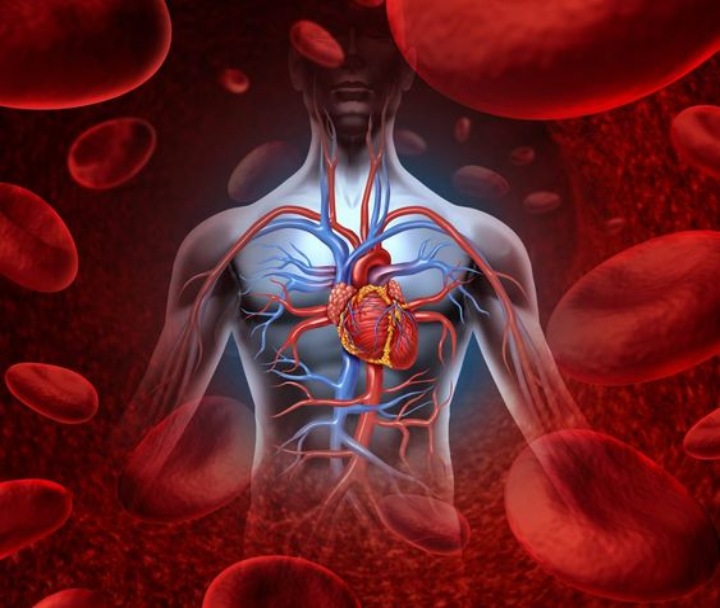If you’ve decided to start a weight loss journey, you’ve probably heard of or been asked to try intermittent fasting. In addition to weight loss, this process offers other benefits, like reduced cholesterol/risk of lifestyle or chronic disease and improved blood sugar.
But does this diet only offer promising benefits? Doesn’t it affect the heart in the long run? Here’s what we know.
What is Intermittent Fasting?
Intermittent fasting involves various eating patterns, which require alternating periods of fasting, avoiding food, and eating. This fasting usually lasts at least 12 hours daily throughout the week. There are different types of intermittent fasting, but the main ones include:
- The 5:2 diet or Modified Fasting: This type of fasting involves fasting for two days straight and then eating normally for five days.
- Alternate-day Fasting: This fasting involves taking turns. For example, fasting for one day and eating whatever you want the next day without restrictions.
- Time-restricted eating: This type of fasting requires limiting your eating window to about 4-12 hours daytime and fasting the remaining 12-16 hours. This type of fasting is most popular among people.
- The 16:8 pattern: This pattern involves eating during an 8-hour window and avoiding food for the other 16 hours every day. This pattern is usually recommended. Previous research states that not eating for a long period of time overnight can help improve blood pressure, glucose, and cholesterol levels in the short term.
ALSO READ: Surprising Health Benefits of Lettuce
Benefits of Intermittent Fasting

Studies have shown that intermittent fasting has short-term benefits, such as improved gut microbiome in obese individuals and reduced cholesterol when people follow the time-restricted eating pattern.
Some studies have also shown that intermittent fasting helps reduce heart disease risk factors. There is some conflicting evidence regarding its benefits regarding weight loss. However, intermittent fasting helps enhance hormone function and helps with weight loss.
In this case, sticking to a short-term fast will improve metabolism, which in turn helps to burn calories. In 2022, research was carried out on 131 obese individuals. Those who practiced fasting for 12 weeks successfully lost 9% of weight more than individuals who participated in weight loss methods.
This study was carried out on obese individuals who engaged in 5:2 intermittent fasting and only ate calories two days a week. Following a 2020 study, people who practiced intermittent fasting lost 0.8-13% of the weight around their baseline. Also, individuals who engaged in the 16:8 pattern of fasting didn’t lose more weight compared to those who ate three meals a day.
ALSO READ: New Study Finds Intermittent Fasting Tied to Increased Risk of Cardiovascular Peril
However, after continuous examination of individuals who engaged in the 16:8 fasting, it was found that these individuals significantly lost a significant amount of lean mass, such as lean muscle. Sadly, there are effects of fasting on muscle loss, but more research needs to be carried out to be certain about them.
Does Intermittent Fasting Affect The Heart?

A recent study shows individuals who ate within the 8-hour window had a 91% risk of cardiovascular death compared to individuals who ate across 12 or 16 hours. According to a press release by a professor at the University School of Medicine in Shanghai, he said that “it’s crucial for patients, particularly those with existing heart conditions or cancer, to be aware of the association between an 8-hour eating window and increased risk of cardiovascular death.”
Also, for patients with existing heart conditions, an eating duration of less than 10 hours a day is associated with a 66% risk of death from stroke or heart disease. On the other hand, eating for more than 16 hours a day is associated with a lower risk of cancer mortality among cancer patients.
According to a professor at Intermountain Health in Salt Lake City, elderly people or individuals with chronic heart conditions increase their risk of heart disease when under additional stress.
The professor also mentioned that fasting two or four times a week for 22 weeks can help reduce the 10-year risk of chronic heart disease. Skipping breakfast is also said to increase the risk of heart disease.
You Might Also Like:
McDonald’s CEO Links California’s Minimum Wage Boost to Labor Inflation
Cardi B Stuns With Rare Birkin and Courtside Glam at Knicks Game
Bella Hadid Stuns With Vintage Addition to Wardrobe
Nevada Governor Ignites Feud After Sending Letter to Newsom About Gas Price Concerns
